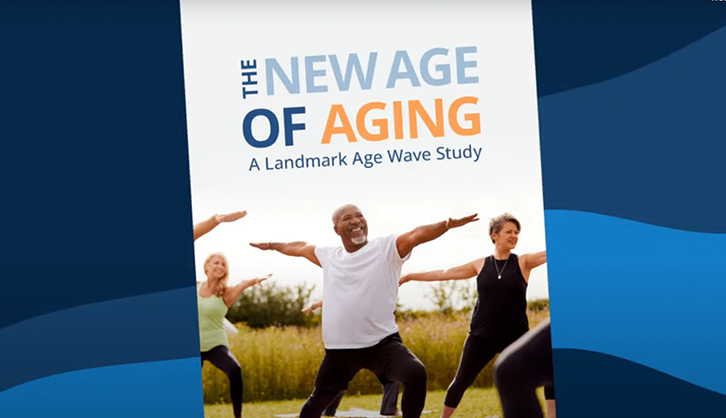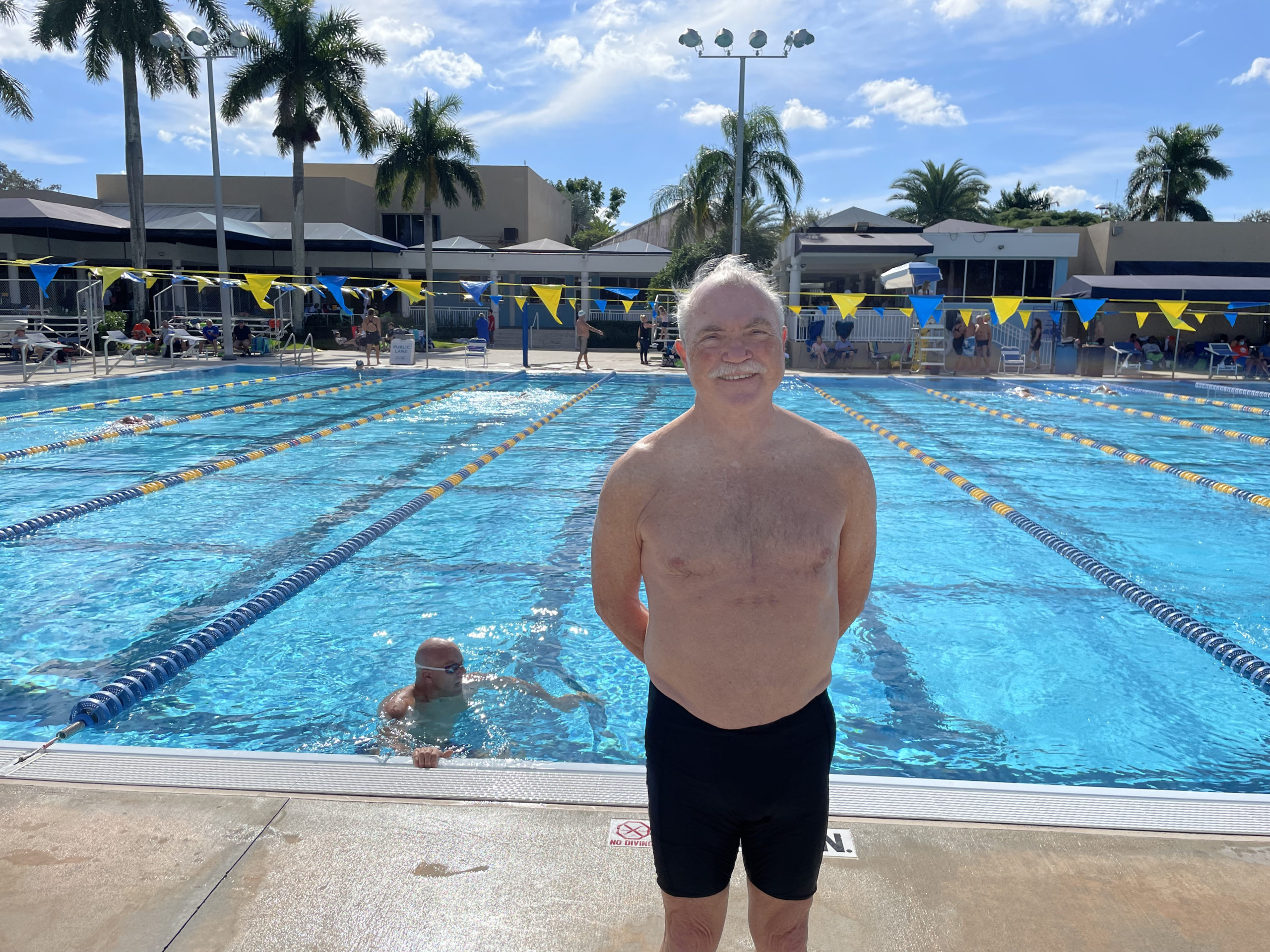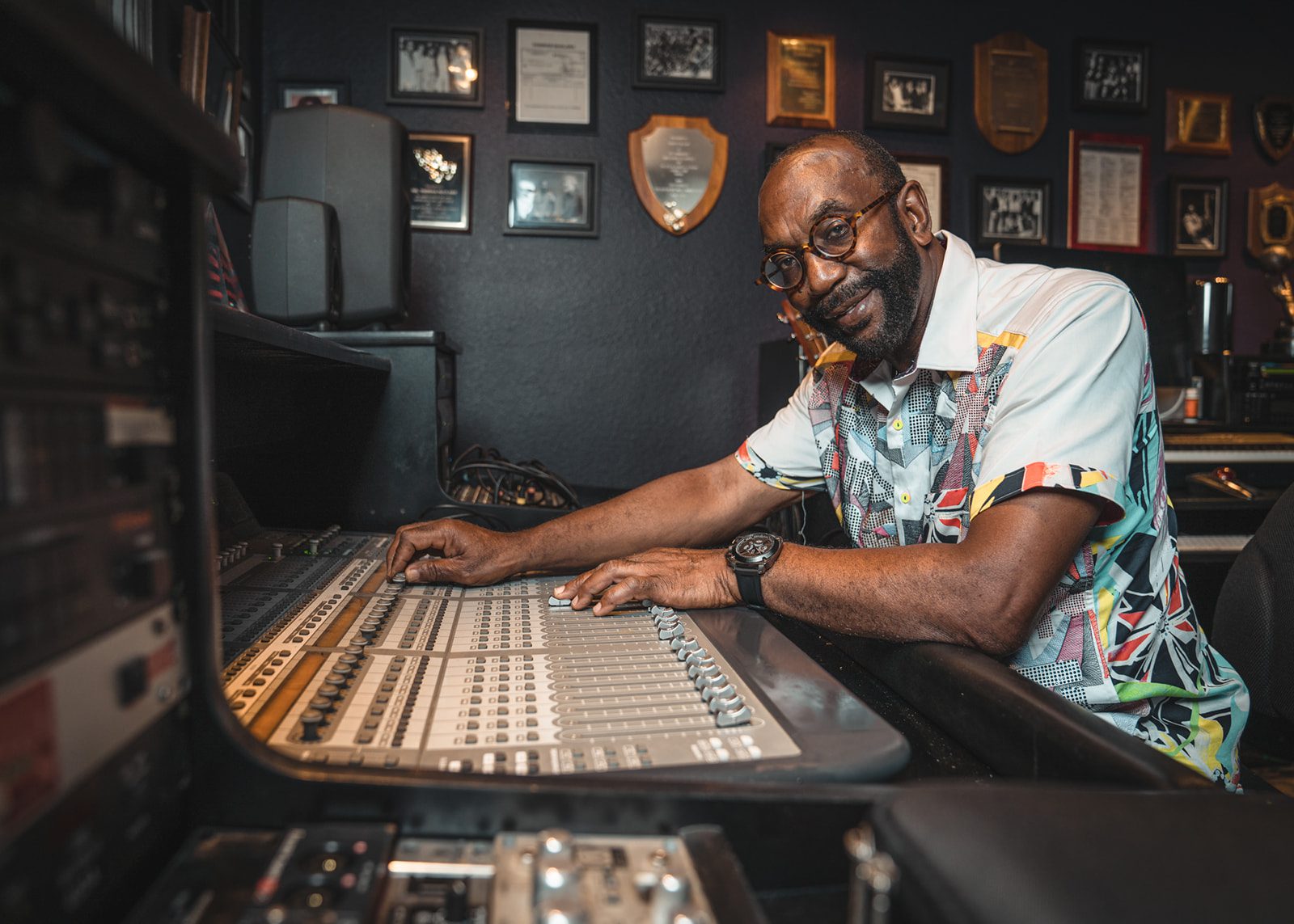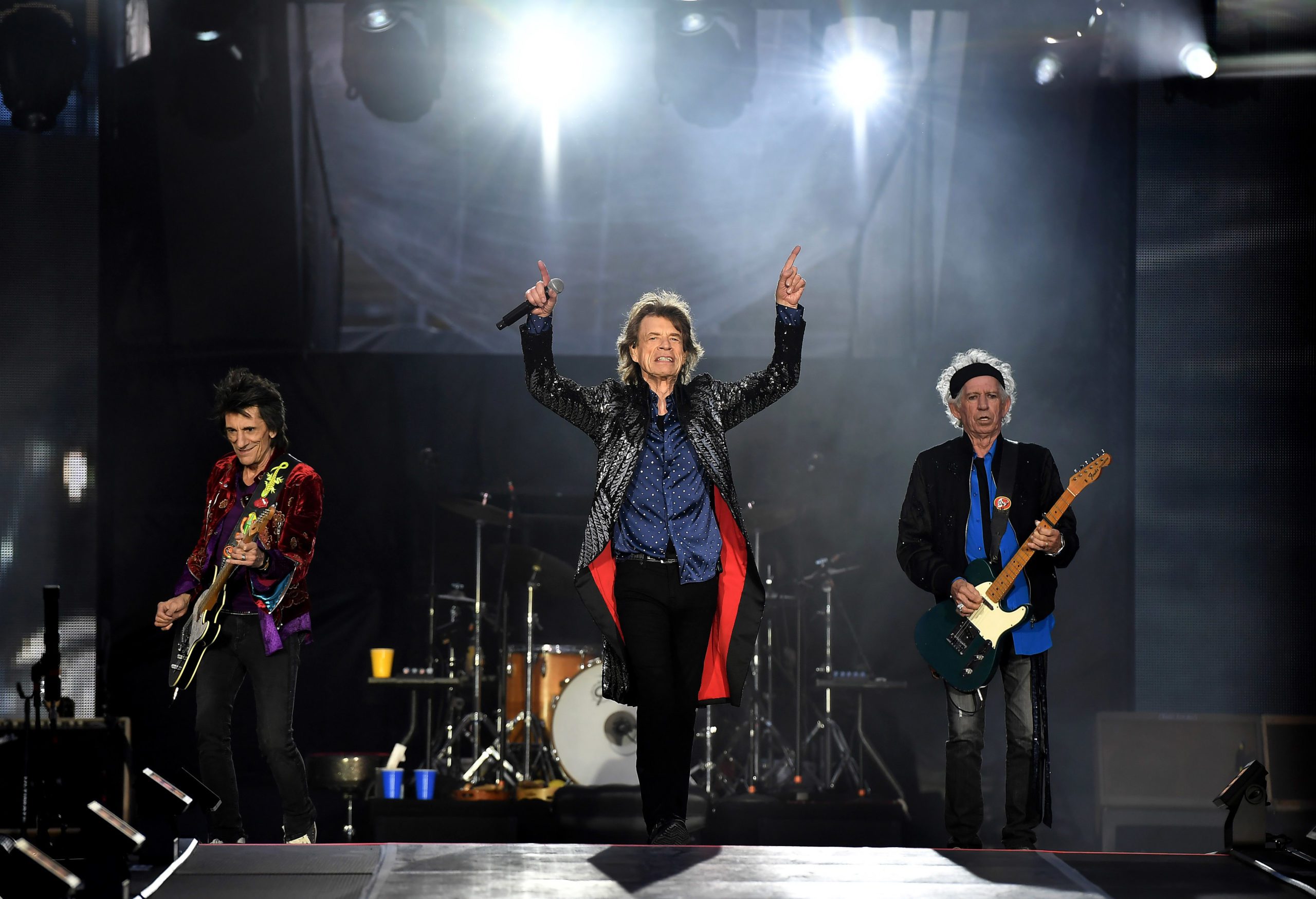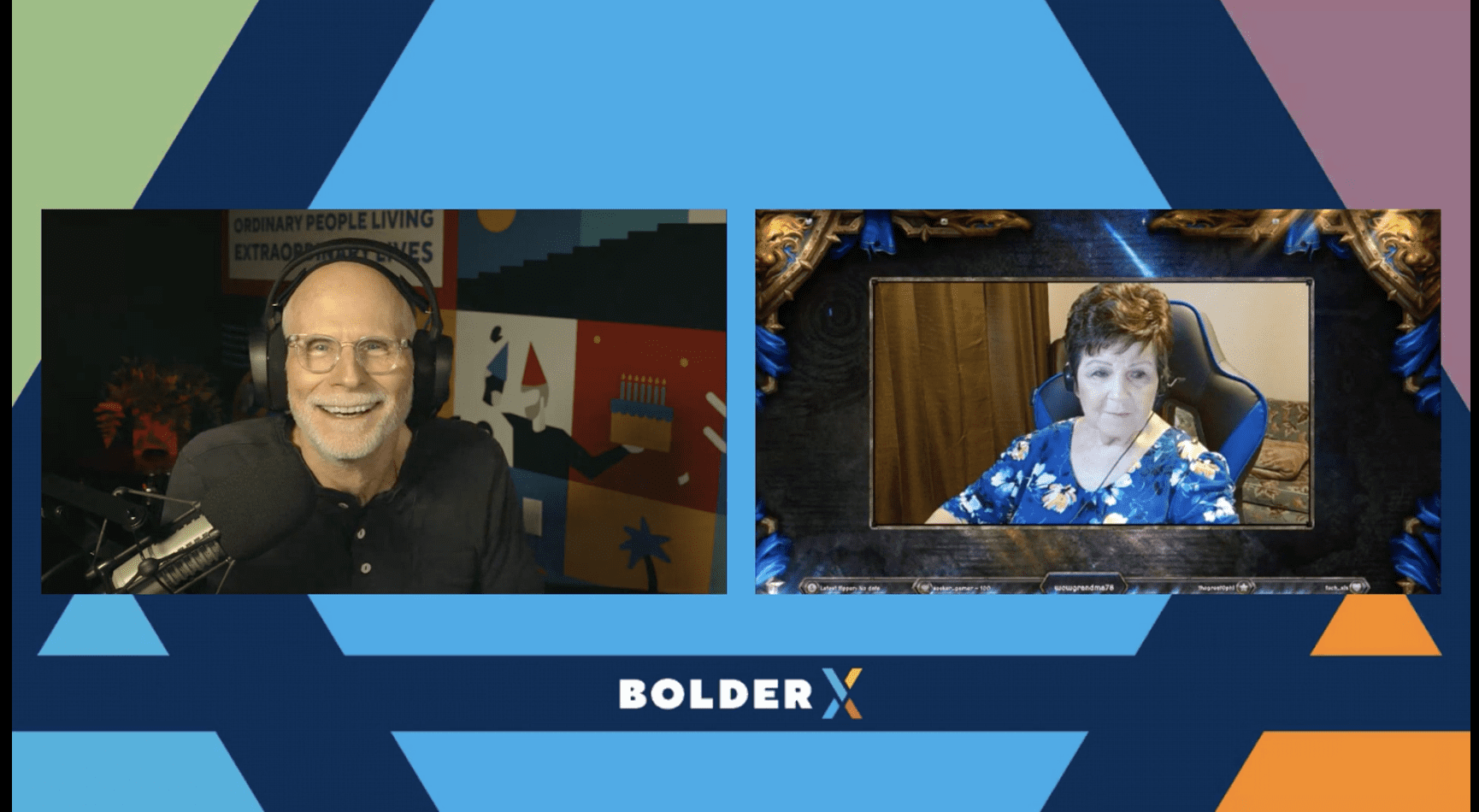New Study Shows America is Growing Bolder
Growing Bolder is a mission-driven media company that shares the stories of ordinary men and women living extraordinary lives into their 60s, 70s, 80s, 90s, and even 100s. In the examples of the people they interview and the stories they share, Growing Bolder has found that more is possible as we age than an ageist culture leads us to believe. Now, new research is reinforcing what Growing Bolder has observed.
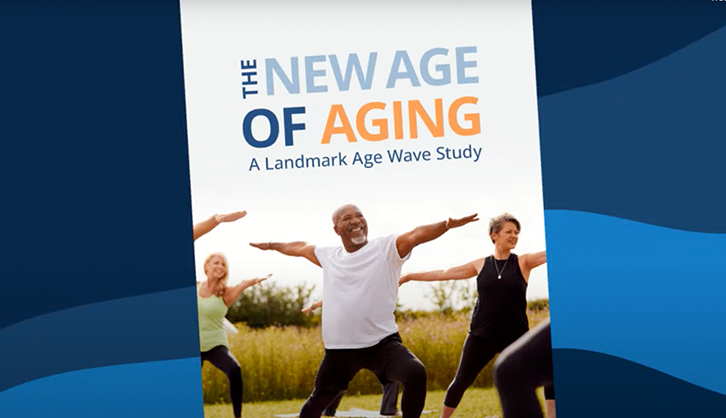
One recent study is The New Age of Aging. Conducted by Age Wave, the nation’s foremost thought leader on population aging and its many implications, the study investigated “changing views on longevity and aging across health, retirement, and purpose.” The findings reveal a dramatic shift in how Americans define old age and envision the possibilities of the later years of life.
“Aging has finally come of age,” said Ken Dychtwald, Ph.D., the founder and chief executive officer of Age Wave. “Understanding our evolving perceptions of aging is more urgent than ever, as people over 65 make up an increasingly large portion of the U.S. population each year, with a projected 53% growth by the year 2050.”
Five Key Findings from the Study Include:
1: “OLD” ISN’T WHAT IT USED TO BE.
If you think you’re nothing like your parents or grandparents were at your age, you’re probably right. The study found that while age 60 was considered “old” in their grandparents’ time, age 80 is now considered the median age for “old.” The study included adults 18 and older, which means that even young adults no longer consider 60 or even 70 to be old. That’s a life-changing shift in perspective because our belief system about aging has a major impact upon how we age. What the mind believes, the body embraces. Research proves that those with a positive view of aging live, on average, seven and a half years longer than those with a negative view.

We suspect that the median age believed to be “old” would be even higher if the study only included people 60+. We’ve found that most 70 and 80-year-olds consider “old” to be someone in their 90s. Based upon the rapidly increasing number of active 90-year-olds who are still traveling, working, making a difference in their community, and excited about their future, the definition of old may one day be over 100.
2: RETIREMENT ISN’T WHAT IT USED TO BE.
The Age Wave study reveals a major change in the way retirement is perceived, with 66% of Americans age 50+ now viewing retirement as a new chapter in life, with the majority wanting to continue working in some fashion – full time, part time, or cycling in and out of work.
The nature of post-retirement work is also changing. Increasingly, retirement is less about success and more about significance. The study finds that 83% of U.S. adults 65+ say it’s more important for them to feel useful than youthful in their retirement years. Today’s elders increasingly want a continued sense of purpose and meaning in their lives.
Retirement is no longer considered a time exclusively for rest and relaxation 24/7. It no longer represents the beginning of the end but rather the beginning of what’s next. This validates what Growing Bolder has been experiencing and documenting for years.
3: HAPPINESS SOARS WITH AGE.
Forget the stereotype of the unhappy, bitter, and ill-tempered curmudgeon. Today’s older adults are literally happier and more optimistic about their future than ever. Seventy-one percent of Americans 65+ say the best time of their lives is right now, or in front of them. This finding aligns with the so-called “U-Curve of Happiness,” a paradox of aging. Data from multiple life-satisfaction surveys show that, on average, life satisfaction drops during midlife but begins to rise around age 50, with people in their 70s the happiest they have ever been.

Of course, not everyone has the same life experience but, in general, as we age, we tend to become more aware of the smaller things in life bringing us greater pleasure. We realize that less is more. Less pressure to perform and less desire to conform bring us greater life satisfaction. We become more of who we really are, leaving behind that which matters least to focus on that which matters most – family, friends, passion and purpose.
4: LIFE LESSONS ARE OUR MOST IMPORTANT LEGACY
As we age, we become more aware of leaving a legacy and we wonder if we have enough or have done enough to be remembered. The Age Wave study shows that 65% of adults 50+ think that values and life lessons are the most important thing to pass on to their heirs and loved ones. Only 22% said financial assets and/or real estate were the most important. This reinforces that our legacy is simply the things people say about us when we are gone. Leave behind the inheritance of a great example: kindness, honesty, thoughtfulness, positivity, fearlessness, loyalty. These are all powerful and impactful legacies that we can all aspire to.
5: HEALTHSPAN NEEDS IMPROVEMENT.
The study shares data from the World Health Organization documenting that the lifespan of someone born in the U.S. is 78 years, but the average healthspan, the number of years one can expect to live in good health, free of disability or serious disease, is just 66 years. This means, on average, that Americans will spend 12 years (16% of their total lifespan) in poor health.
This is especially concerning because the U.S. ranks No. 1 in the world in healthcare expenditures per capita but only No. 68 in healthspan. The key to closing this gap lies within the daily lifestyle choices we all make because 90 cents out of every healthcare dollar spent in the U.S. goes toward treating preventable chronic disease. What kind of lifestyle choices are most important? The study recommends these keys to thriving as we age:
1. Actively take care of your physical, mental, and emotional health.
2. Build and nurture strong relationships with family, friends, and loved ones.
3. Maintain a clear sense of purpose and pursue meaningful involvements.
4. Be willing to course-correct as needed to achieve your dreams throughout life.
5. Commit to saving and investing for lifelong financial security.
This encouraging study concludes that, “Aging most definitely isn’t what it used to be. We’re living at a pivotal moment in history as today’s modern elders, inspired by multiplying numbers of influencers, are re-imagining new possibilities for their extended lifespans. Aging, for most, is an emotional ascent and a time of peak happiness and freedom.”
Growing Bolder has been documenting the “multiplying number of influencers” for years. They’ve found the influencers with the greatest impact on others are not celebrities or superstars. They are the little-known, ordinary people who live extraordinary lives – not because they have been able to avoid the challenges of aging but because they choose to focus on opportunity and possibility instead of loss and limitation. Despite the never-ending twists and turns of life, they remain eager to pursue new dreams and adventures.


